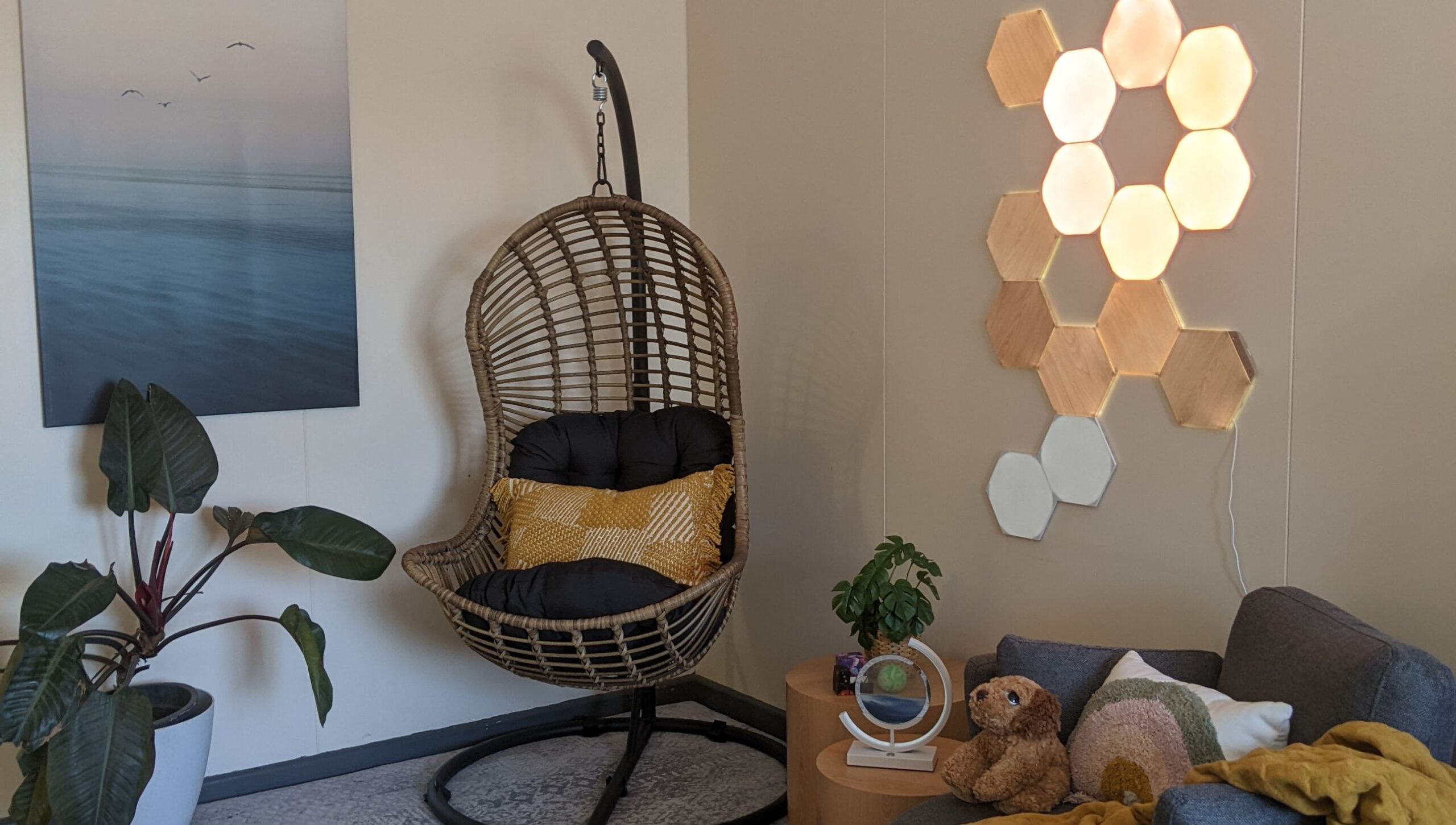Expanding nurse clinics across PHC settings
By Margaret Dempsey, RN, APNA Project Officer, Building Nurse Capacity
Source: APNA Primary Times Winter 2023 (Volume 23 Issue 1)
As the health-care needs of Australians continue to change, and we adapt to a post-pandemic health-care environment, the burden of chronic conditions is adding pressure to an already stressed and overwhelmed health care system.
Current care-delivery models in acute and primary health care settings are struggling to meet the increasing demands, and health care providers are looking for new and innovative ways to deliver health care.
Nurse clinics are well placed to meet these demands, and while the format of these clinic models may vary, their positive benefits include improved patient health outcomes, better access to care, and decreased rates of hospital admission.
Nurse clinics can be described as ‘nurse-coordinated, team-based models of care’. The nursing services provided are holistic and patient-centred, with accountability and responsibility for patient care and professional practice remaining with the nurse. In the primary health care setting, nurse clinic models support a team-based approach to care delivery and involve other members of the health care team.
Many nurse clinics have been operating in general practice settings for several years, for example, immunisation (flu clinics) or chronic disease management initiatives. However, APNA has also been supporting nurses to establish clinics in other primary health care settings.
Teenage Mental Health Clinic, St Pauls College, Walla Walla, NSW
Staff at St Paul’s College in Walla Walla, NSW, identified that teenage mental health had been significantly impacted during the pandemic as students experienced social isolation and disconnectedness, and that they were dealing with the after-effects of increased anxiety, depression, and suicidal thoughts. In February 2023, with APNA’s support, school nurse and APNA member Angie Frohling set up a wellness clinic at the school to provide mental wellbeing support. The Teenage Mental Health Clinic is a free walk-in service provided to the secondary students.
The focus of the wellness clinic is to provide all students with timely access to mental health and wellbeing support services and this is achieved through a team approach. Internally, the school nurse is supported by a wellness team, including school counsellors and education providers, with external referrals to GPs, private counsellors, psychologists, or Child and Adolescent Mental Health Services as required.
Previously, the school’s existing medical facility had been a harsh, clinical environment more suited to a hospital ward. This area was remodelled during the end-of-school-year holiday period into a more welcoming space for young people. Signage was changed from a sickness-focussed medical centre to a wellness hub, which better reflects its purpose. Comfortable, casual seating in the newly designated ‘Reset Room’ replaced a stark trolley bed. Students attending the wellness clinic are offered a series of individualised regulation activities designed specifically for them to reset and regulate their current mindset. Regulation strategies may include a physical program (weights and other exercise activities) or digital activities, each designed to provide students with tools to implement self-regulation strategies to promote emotional stability and decrease anxiety.
Angie says, ‘The primary aim of the wellness clinic is to return the student to the classroom in a better mindset, rather than idly languishing in a “sick bay” for hours or being sent home.’ Funding for this refurbishment was provided through existing Department of Education channels and community wellbeing grants.

Participating in APNA’s Building Nurse Capacity Nurse Clinic project has enabled Angie to collect additional data to evaluate the effectiveness of this new model of care, to better support young people. Documentation for ‘reason for visit’ now identifies students who present for mental wellbeing care and support as opposed to physical injury or illness. Sources of referral into the wellness clinic include parents, teachers, and counsellors, but student self-referral is the most common referral method. Documenting referrals to external support providers is also noted. Student age and gender identity is captured, with the 14–16-year female age group accounting for the greatest number of presentations to date. Capturing this data provides evidence for greater investment into mental wellbeing care and support for students. ‘The data highlights the awareness and importance of having nurses available to students whilst attending school,’ says Angie.
This restructured health care model is in its infancy at St Pauls College, and Angie notes teachers have embraced the wellness clinic and work collaboratively when they identify students who display anxious behaviours in the classroom. Anecdotally, teachers have reported increasing confidence in the structure and supports offered through the wellness clinic. Teaching staff have reported positive outcomes in students following support through the wellness clinic, noting improvements in the following areas: emotion regulation, stress/anxiety management, cooperation, focus and attention, and communication. Angie notes the wellness clinic provides a space to provide holistic and responsive mental health care rather than reactive care.
Nurse clinics are an effective way to involve people in their own health care by providing an integrated and person-centred approach to care. Spending time with individuals enables nurses to develop valuable insights into a person’s life and lifestyle, leading to trusting relationships, consumer empowerment and better health-care solutions.
Applications for nurse clinic projects are open to all PHC nurses (not limited only to APNA members). Learn more about establishing nurse clinics with APNA’s support at https://nurseclinics.apna.asn.au/.
